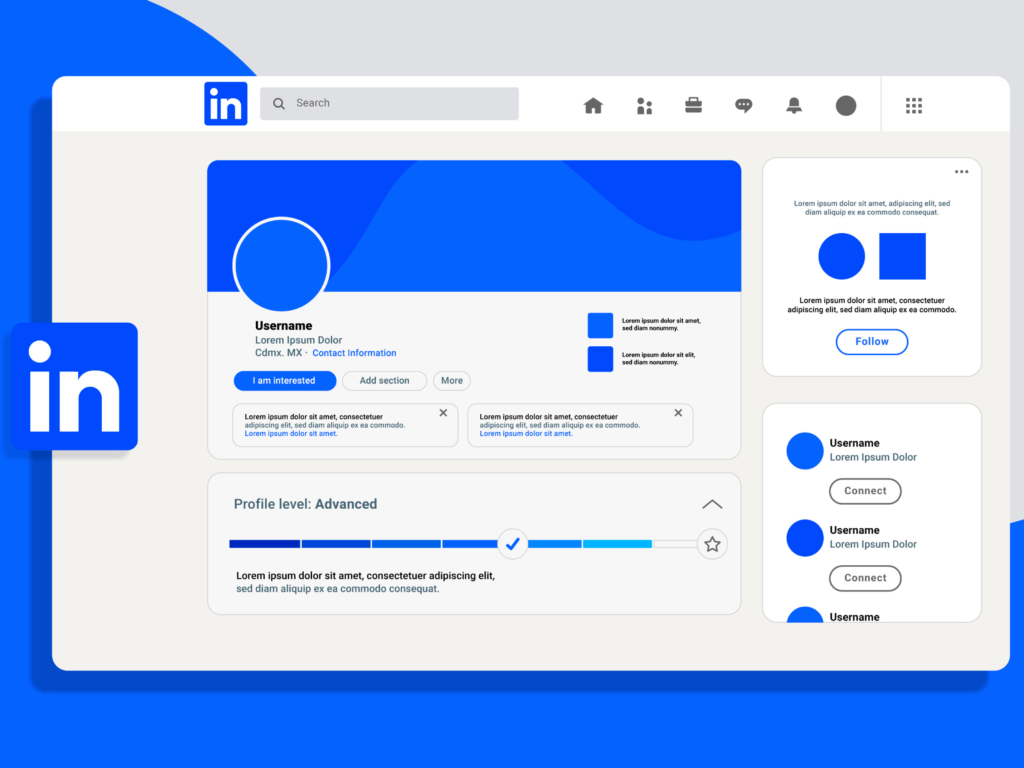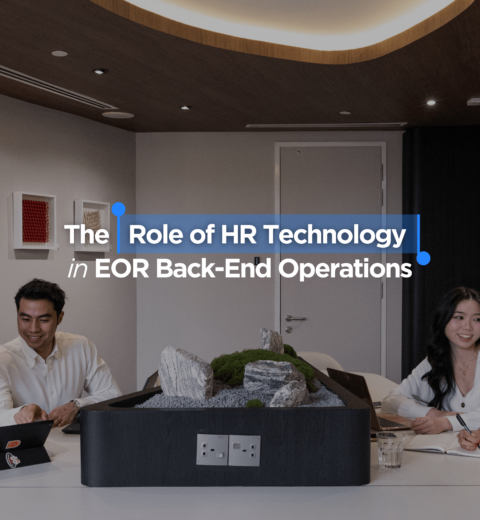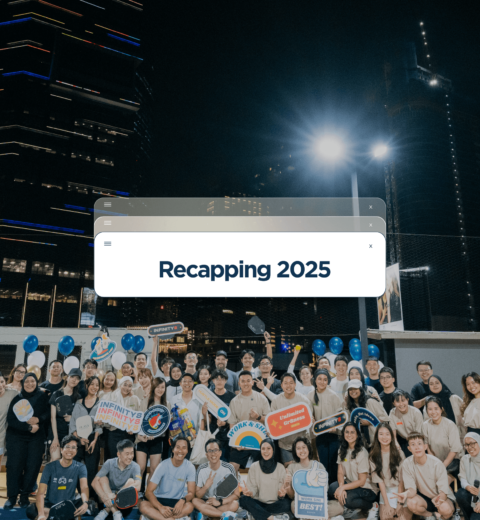As Malaysia’s workforce continues to evolve in the face of digital transformation, global economic shifts, and changing employee expectations, recruitment in 2025 is taking on a new shape. The role of the hiring manager, the strategies used for talent acquisition, and the very structure of the job of HR are being redefined to meet the demands of a competitive and fast-changing market.
In this article, we explore key recruitment and selection trends emerging in Malaysia for 2025 and how HR teams, recruiters, and businesses can adapt to build a future-ready workforce.
1. Talent Acquisition Goes Digital (and Smarter)

One of the most significant shifts is the rise of AI and automation in recruitment. In 2025, the use of intelligent software to screen resumes, schedule interviews, and assess candidate suitability is becoming standard practice. Platforms like LinkedIn and JobStreet are integrating more smart matching tools, allowing recruiters to shortlist candidates in minutes rather than days.
For HR professionals considering a talent acquisition career, digital fluency is now a core skill. Understanding data analytics, recruitment tech, and candidate engagement tools is crucial to staying relevant.
Tip: Invest in applicant tracking systems (ATS) with AI capabilities to streamline your recruitment and selection process.
2. Recruiting on LinkedIn Is the Norm, Not the Exception

Recruiting on LinkedIn in Malaysia has skyrocketed, with over 5 million users actively browsing opportunities. Companies that previously relied on job boards are now shifting their focus to LinkedIn’s talent solutions, leveraging the platform not just for sourcing but also for employer branding and direct outreach.
Hiring managers and recruiters are using advanced search filters, InMail strategies, and company page content to attract passive candidates—those who aren’t actively job hunting but are open to the right offer.
Tip: Optimise your LinkedIn company profile, showcase your culture, and train your recruitment team to personalise outreach messages to boost response rates.
3. The Rise of Skills-Based Hiring

As industries shift rapidly, especially in tech, finance, and digital marketing, degrees and titles are no longer the primary screening tools. Instead, skills-based hiring is rising, where a candidate’s competencies and portfolio matter more than formal education.
More Malaysian companies are using pre-employment assessments, case studies, and technical tests during the recruitment and selection process to gauge actual performance ability.
Tip: Redesign job descriptions to focus on measurable outcomes and skills, not just qualifications or years of experience.
4. Employee Experience Begins at Recruitment

Modern candidates evaluate companies as much as companies evaluate them. This makes the job of HR more strategic, moving beyond administrative tasks to managing the candidate experience.
From application to onboarding, HR teams must deliver a seamless and engaging journey. Slow response times, unclear expectations, or robotic communication can cause top candidates to drop out.
Tip: Assign dedicated talent acquisition specialists to guide candidates through the process. Automate status updates and provide timely feedback, even to unsuccessful applicants.
5. Hybrid & Remote Roles Expand the Talent Pool

Post-pandemic flexibility is here to stay. Offering hybrid or remote positions not only supports employee well-being but also expands access to previously untapped talent pools outside major cities like Kuala Lumpur or Penang.
Malaysian companies embracing remote work are now able to recruit from regions such as East Malaysia, Southeast Asia, and beyond, especially for tech, design, and customer service roles.
Tip: Reframe job listings to clearly state work flexibility, time zone preferences, and remote collaboration expectations.
6. Recruitment is Now a Team Effort

In 2025, recruitment is no longer the sole domain of HR. Companies are building collaborative hiring frameworks where managers, team leads, and even employees are involved in attracting and vetting candidates.
Some organisations are even implementing employee referral programs tied to internal rewards. This approach not only fills roles faster but also increases the likelihood of cultural fit.
Tip: Equip your team with basic interviewing skills and clear guidelines to avoid bias while improving decision-making.
7. Career Growth in Talent Acquisition

With the rising complexity of recruitment, there’s increasing demand for professionals interested in building a talent acquisition career. New roles are emerging, such as Talent Acquisition Analyst, Employer Branding Specialist, and Sourcing Strategist.
For HR professionals and recent graduates exploring jobs in talent acquisition, this is a promising space to grow, especially for those with skills in digital marketing, psychology, communication, and data analysis.
Tip: Upskill through online certifications, workshops, or partnerships with expert recruiters to stay ahead of the curve.
Ready to Recruit for the Future?
As the landscape of recruitment in Malaysia transforms, organisations must be agile and forward-thinking. Whether you’re a hiring manager or growing your HR responsibilities, staying ahead of trends is essential.
At INFINITY8, we specialise in helping companies rethink their talent acquisition strategy through innovative, data-driven solutions. Whether you’re recruiting on LinkedIn, streamlining your recruitment and selection process, or looking to build a dynamic talent acquisition career team, our consultants are ready to guide you with local market expertise and actionable insights.




